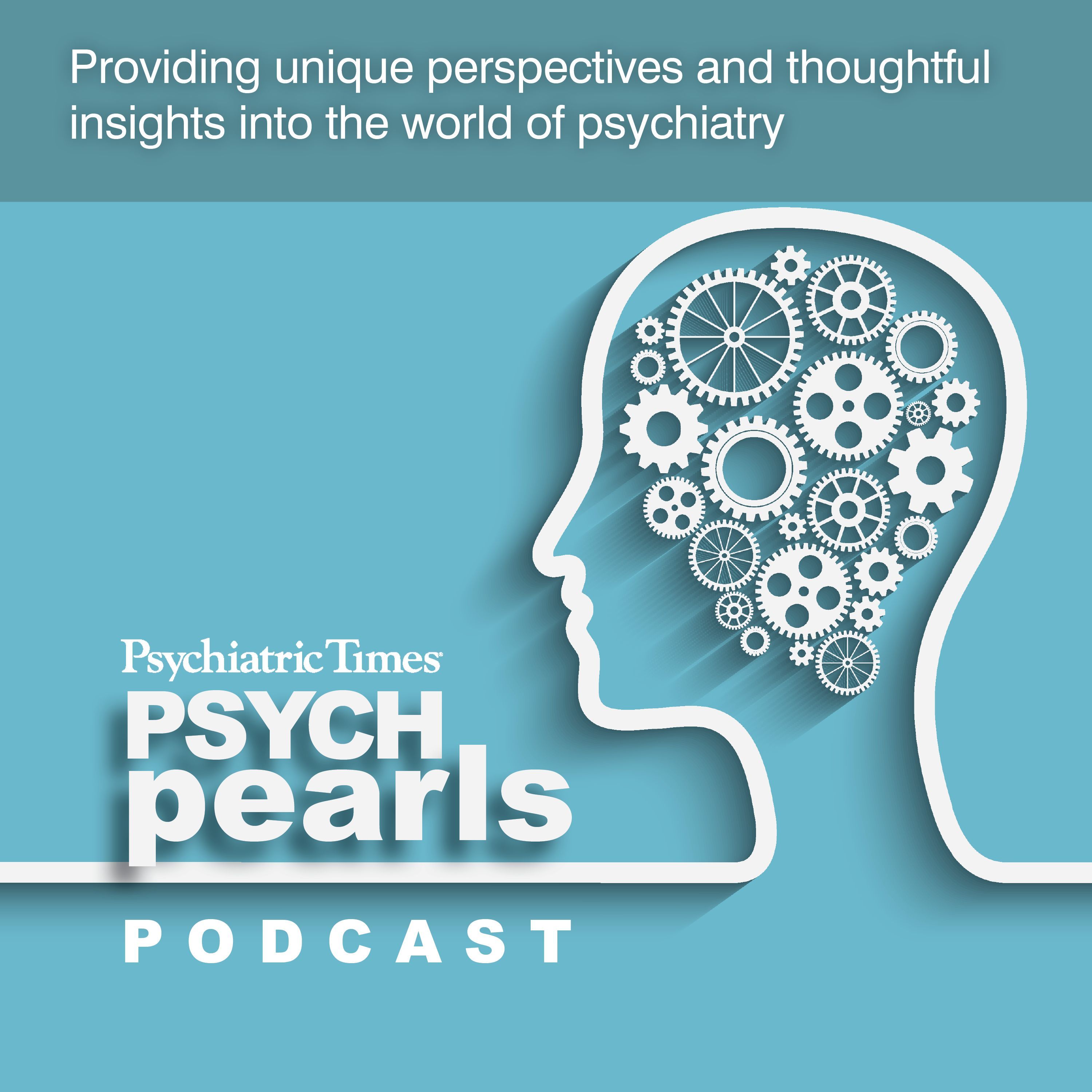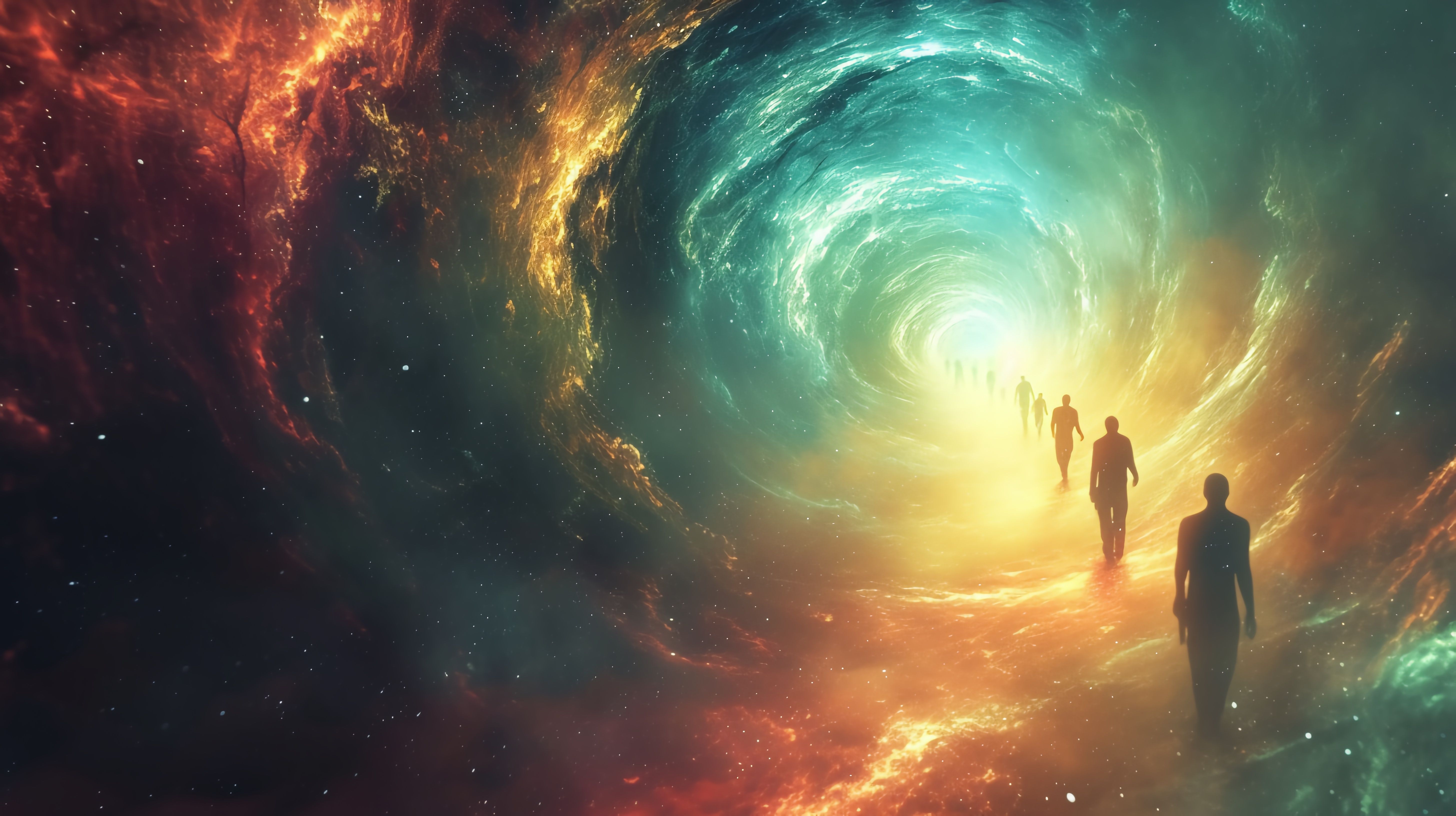Blog
Article
Student Protests, 1968 and Now
Author(s):
How do the current student protests compare with that of the late 60s?
Rawpixel.com/AdobeStock

PSYCHIATRIC VIEWS ON THE DAILY NEWS
“Those who do not learn history are doomed to repeat it.”
- attributed to George Santayana
Here we go again, it seems, as that famous saying goes that claims that history tends to repeat itself unless it is processed well enough to find and pursue alternative paths. I am old enough to have been a college and medical student in the mid and late 1960s, and 1968 seemed to be a key milestone. After student protests that spring, bigger ones occurred at the Democratic convention in the summer in Chicago. Johnson had already decided to not run again for President due to apparent frustration with the Vietnam War. Despite interest in the causes of the times, I was focused on my wife-to-be, also marrying in 1968, and learning medicine.
As I recall, at the convention and the immediate years after, the student protests continued and violence escalated, including students at Kent State killed by the National Guard in 1970. The Republican Richard Nixon was elected President, but resigned in 1974 after the Watergate scandal. The war did not end until we retreated in 1975.
There seem to eerie similarities from then to now, including:
- Columbia is an early hotbed of student protests.
- The student protests started in the spring before the political conventions in the summer.
- The apparent primary target of the protestors is war, Vietnam in 1968 and Gaza today.
- University administrators had—and are having—trouble maintaining order and negotiating successfully with their students.
- It took many more years for the Vietnam War to end and we are over 7 months and no end in sight in the Mideast.
In what has been deemed repetition compulsion, psychiatrists are familiar with how history repeats itself. Modeling after others and an attempt at mastering a prior problem is seen in families where abuse occurs and then reoccurs in the next generation. Trauma can be intergenerationally transmitted via epigenetics and child rearing practices. Triggers to the past traumas can elicit the fight or flight response. Currently we have anti-Semitism dramatically escalating once again.
Traditionally, youth have often been sacrificed psychologically and physically to resolve conflicts and fight wars. It often takes deliberate active therapeutic intervention and a vision of a better future to break such cycles.
Can psychiatry be at all helpful in stopping this current repetition of history? Is what we know of resolving the conflicts in individual patients applicable on a societal scale? There are mental health services on most all campuses now, which was not the case in 1968. Can they help beyond patient care? Other interventions seem to be of limited benefit.
Tomorrow, we will likely look at a chronic social problem in the United States that could even be a logical target of psychiatric protests.
Dr Moffic is an award-winning psychiatrist who specialized in the cultural and ethical aspects of psychiatry and is now in retirement and retirement as a private pro bono community psychiatrist. A prolific writer and speaker, he has done a weekday column titled “Psychiatric Views on the Daily News” and a weekly video, “Psychiatry & Society,” since the COVID-19 pandemic emerged. He was chosen to receive the 2024 Abraham Halpern Humanitarian Award from the American Association for Social Psychiatry. Previously, he received the Administrative Award in 2016 from the American Psychiatric Association, the one-time designation of being a Hero of Public Psychiatry from the Speaker of the Assembly of the APA in 2002, and the Exemplary Psychiatrist Award from the National Alliance for the Mentally Ill in 1991. He is an advocate and activist for mental health issues related to climate instability, physician burnout, and xenophobia. He is now editing the final book in a 4-volume series on religions and psychiatry for Springer: Islamophobia, anti-Semitism, Christianity, and now The Eastern Religions, and Spirituality. He serves on the Editorial Board of Psychiatric Times.
Newsletter
Receive trusted psychiatric news, expert analysis, and clinical insights — subscribe today to support your practice and your patients.





